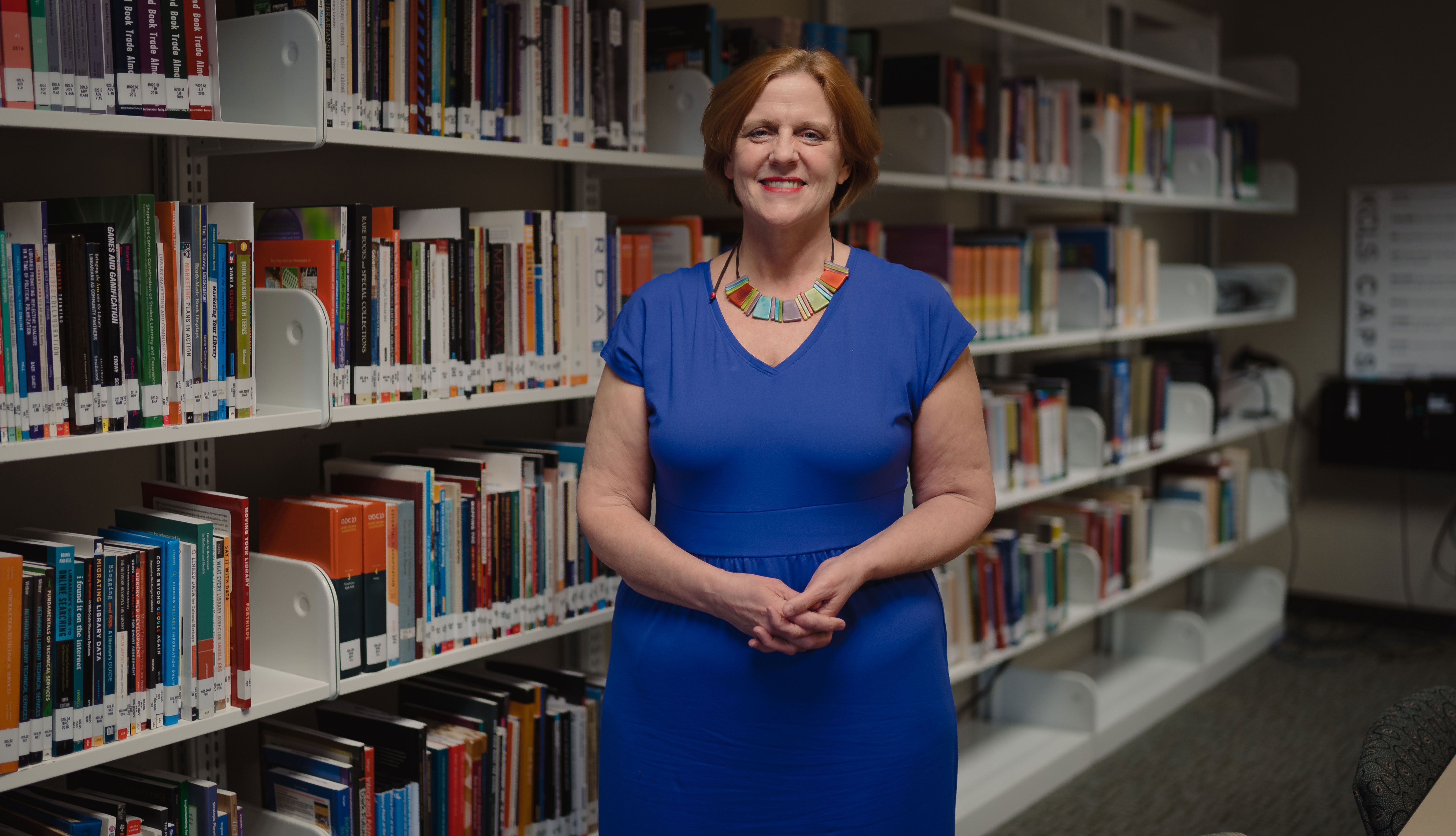AARP Hearing Center

Clients of the Adult Day Center at CDM Caregiving Services in Vancouver still exercise together, do art projects, make music or just have coffee and chat. But for the past year, they’ve done these things virtually, as the COVID-19 pandemic has forced the center to adapt.
“The important thing is to ward off isolation,” said Eric Erickson, CDM’s executive director. “It’s about being engaged, having something to do and other people expecting to see you.”
Social isolation can have devastating health impacts. A recent University of Washington report described the coronavirus lockdowns as a “double pandemic” for older adults, contributing to depression and suicide risk and disrupting needed care.
CDM and AARP Washington are part of a Social Isolation Work Group that was formed in response to the pandemic. It was launched to determine what’s working to fight loneliness and isolation and whether it can be replicated, even after the coronavirus crisis ends.
Group members include the state Aging and Long-Term Support Administration (ALTSA) and other organizations that serve older adults.
“Our state serves most people at home as they age, not in a congregate setting,” said Bea Rector, director of ALTSA’s Home and Community Services Division. “Social isolation has been exacerbated for folks who’ve been doing the right thing by staying home and protecting themselves.”
“We’re seeing an increase in agitation and anxiety,” said Patricia Hunter, the state’s long-term care ombudsman. “We’re social beings; we’re not meant to be isolated in our rooms for months without meaningful contact.”
Connecting creatively
Virtual workouts, online meet-ups and classes, robotic pets and more resources via public libraries are some of the ideas the work group is examining.
The King County Library System’s new Digital Bridge program works with local housing authorities to lend laptops and internet hot spot devices to lower-income older renters, with tech support and instructions for a variety of uses: finding a bus route, joining a Zoom meeting or applying for benefits.
The work group is also closely watching proposed legislation that would improve phone access for residents of long-term care facilities and require staff to return calls and emails promptly. The bill would allow residents to name an essential support person to help with their emotional, mental or physical well-being.
The Social Isolation Work Group will post its findings at dshs.wa.gov/altsa/stakeholders.
“What we’ve learned is, there have to be both low-tech and high-tech solutions,” Rector observed. “We’re looking at how to get around access barriers.”
The community is leaning in to find ways to engage people, said Wendy Pender, King County Library’s older adults program coordinator. “Every library, every senior center, every social-service organization, we’re doing our darndest to reach out. If you’re willing to try something new, we are with you.”
Post-pandemic, Erickson hopes to maintain CDM’s virtual schedule along with in-person activities, so people in other counties or without transportation can participate.
“I’m really proud of our resilient system in Washington state,”Erickson said. “We took this challenge and have made the best of it.”
Chris Thomas is a writer living in Seattle.
For More Information on Social Isolation































































